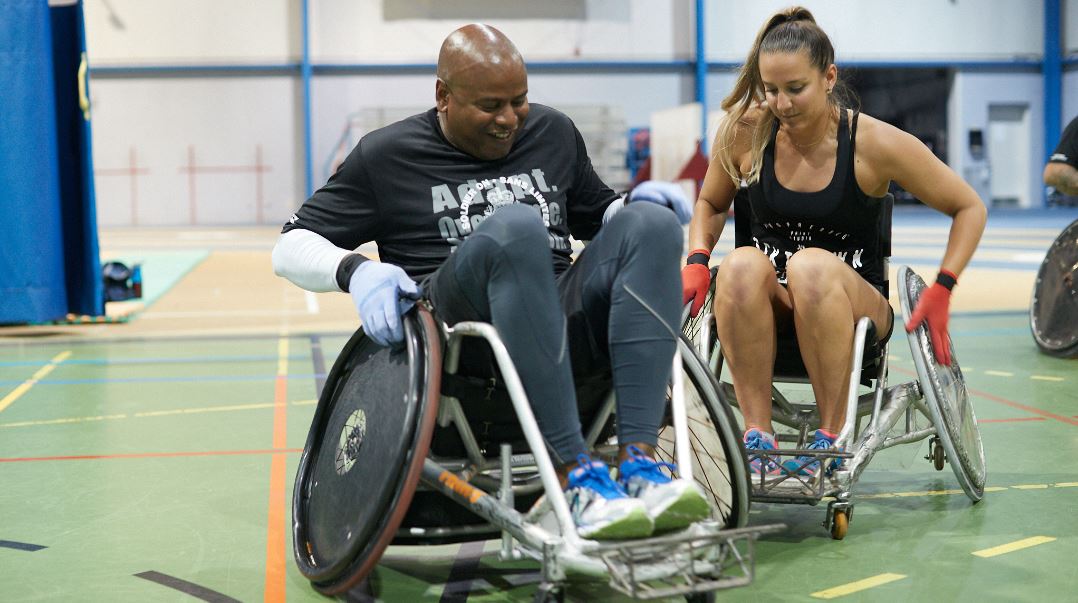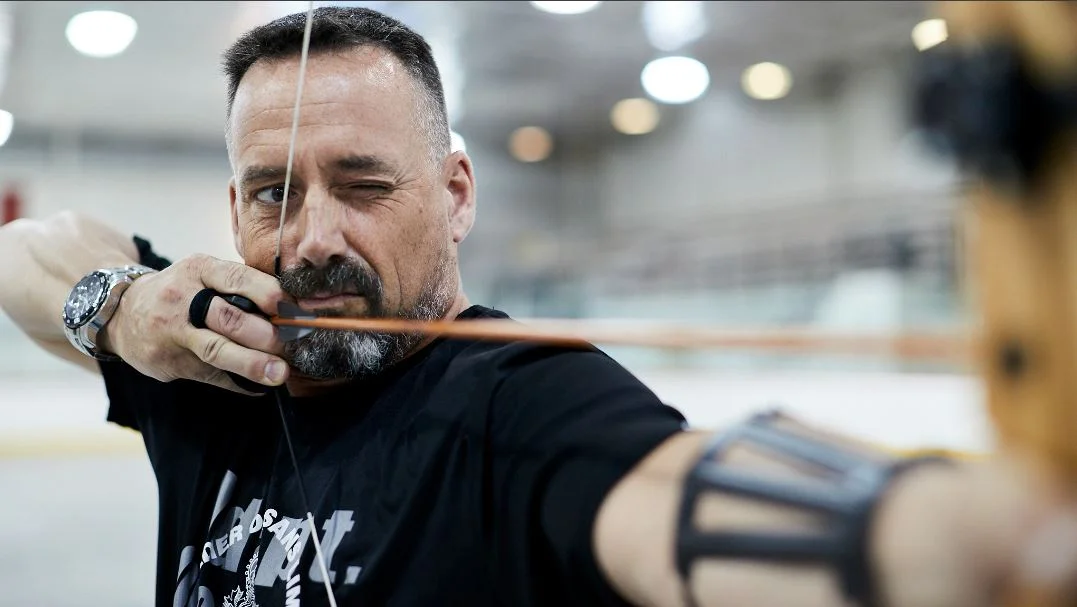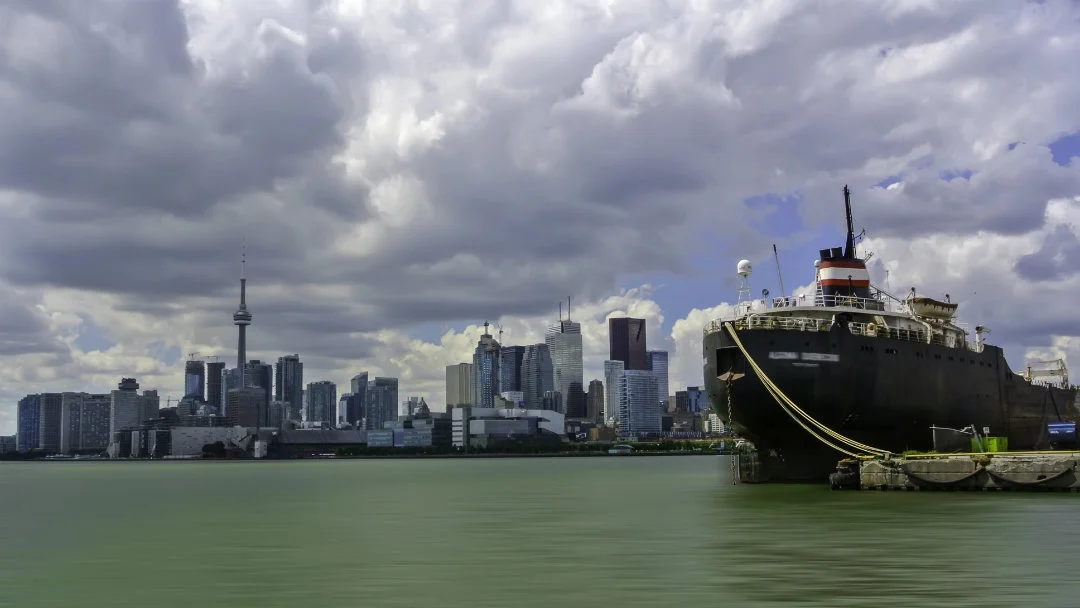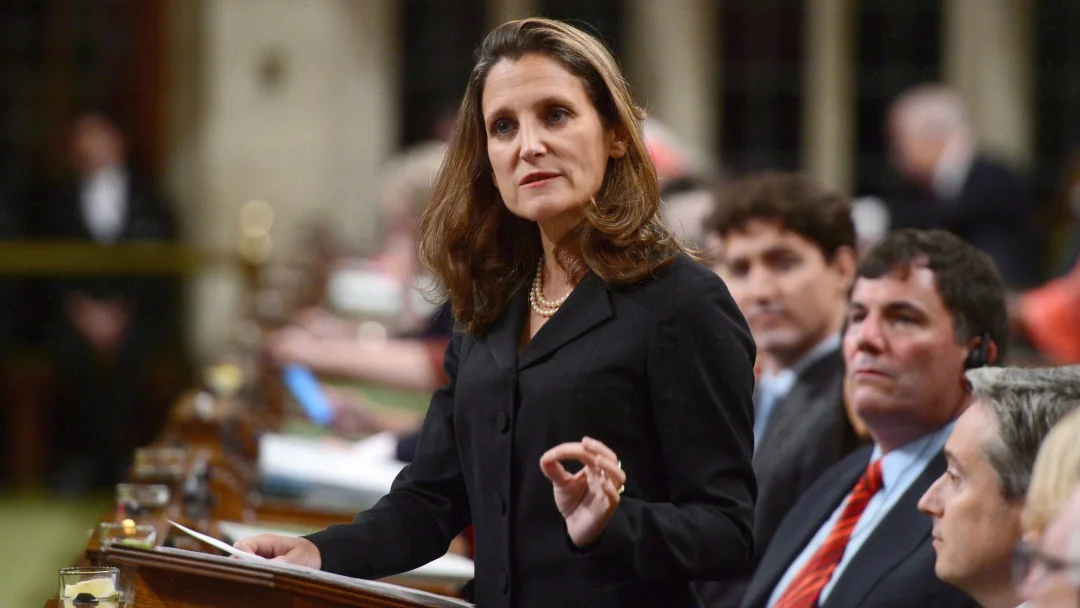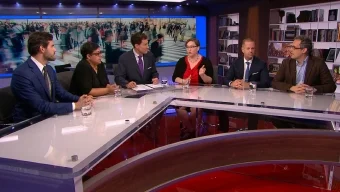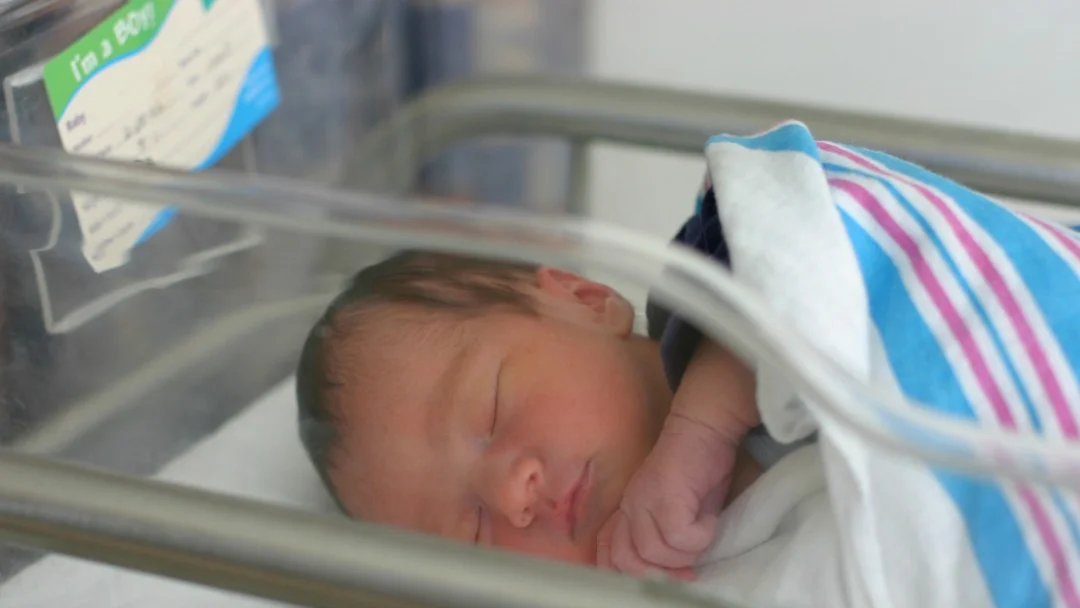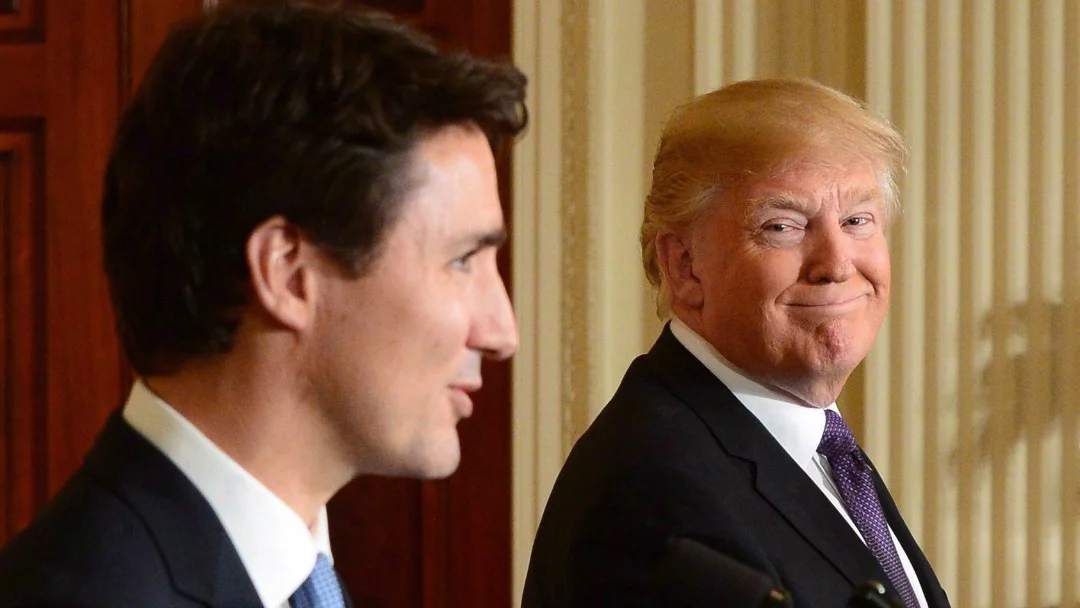The first round of negotiations toward a new North American Free Trade Agreement starts Wednesday in Washington, D.C. Foreign Affairs Minister Chrystia Freeland laid out Canada’s priorities in a speech at the University of Ottawa earlier this week.
Besides promising to modernize the trade deal, cut red tape, ease the movement of professionals across borders, and improve government procurement, Freeland emphasized that Canada would seek to make NAFTA a “more progressive” deal.
To this government, making the deal more progressive means adding chapters on labour safeguards, the environment and climate change, gender rights, and Indigenous issues, and it means reforming investor-state dispute resolution.
“Freeland was really focusing on a new agenda, or pushing out the envelope of what’s possible,” says Laura Dawson, director of the Canada Institute at the Wilson Centre in Washington. “And I think she did that because it’s important to Canadians, and it’s important to the Trudeau government.”
“When I look at Freeland’s agenda, I say, wow, good luck with that. Trade agreements are tough, and it’s really hard to put binding commitments into trade agreements that encourage positive behaviour,” she says. “Trade agreements are much better at the ‘thou shalt not’ stuff … But we don’t really know what’s possible to achieve until you put the stuff on the table.”
So what could these new progressive chapters look like?
Read More
